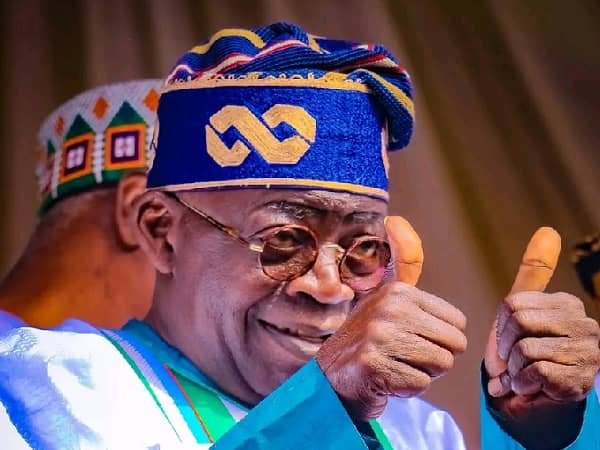By Achadu Gabriel, Kaduna
Though Deputy Speaker,House of Representatives, Hon. Ben Kalu, has dismissed proposals seeking the creation of additional 31 States in the country as presently not meeting relevant constitutional provisions for such, this position of the federal legislature has not deterred public debates on the possibility.
One part of far Northern Nigeria where discussions on possible state creation have assumed significant hues is the southern part of Kaduna State.
One of the many reasons for this is the long-held perception of marginalization by the mainly Christian populace of this section, over appointment or accession to sensitive positions in the state government.
For instance, since 1976 when the old North-Central state was renamed Kaduna State by then military Head of State, the now-late General Murtala Mohammed, no Christian from Southern Kaduna has emerged as State Governor,aside the now-late Patrick Yakowa (May 20,2010-December 12, 2012).
Yakowa was Deputy Governor to Gov. Namadi Sambo, who was later picked to become Vice President under then President Goodluck Jonathan,thus paving the way for Yakowa, a Southern Kaduna politician, to mount the state’s highest office in a historic move which noticeably ruffled not a few feathers in some areas even outside the state.
The state has had 19 military and civilian governors in its history with just one being a Christian from the southern part.
Complaints of marginalization have been strident for decades. These reached a crescendo under the immediate past administration of Gov. Nasir El-Rufai (2015-2023) who,in his second term, picked a deputy governor from his fellow Muslim stock,in a move deemed unprecedented in the state and loudly denounced by the umbrella Southern Kaduna Peoples Union (SOKAPU).
Compelled by circumstances of that time to become activist, time and again SOKAPU spoke out against the ill treatment of its peoples.
The feeling of total alienation was complete among the Southern Kaduna peoples who had a running battle with Gov. El-Rufai as they believed he could have done much better in taming the unrelenting bloodletting on their land by terrorist Fulani herdsmen who killed many persons, destroyed communities, and chased many Southern Kaduna residents into becoming internal refugees in their country.
Such feeling of aloofness by the authorities to their plight has made the idea of a separate state a welcome one in the area.
To them, at least, they can have control over their collective destiny under such arrangement.
To this end, there are enthusiastic debates among the peoples over what should be the right and proper name for the anticipated state in Southern Kaduna.
While some float Gurara State, others have kicked against the name in favour of Kada State.
This has not only begun to dominate discussions, but gradually gaining ground among people of the area.
While those against Gurara argued that the name does not have direct bearing on the area’s history, culture or even the linguistic mores of the people, those rooting for adoption of Kada say the name is reminiscent of the crocodiles that once inhabited Kaduna River (a tributary of the River Niger) and from which Kaduna State derives its name. Supporters of Kada claim the river belongs to the Southern section, even as no proof was tendered to back it up.
As the Southern Kaduna residents intensify informal consultations and discussions on a fitting name for their proposed state, it is obvious that the ongoing debates are still at infantile stage.
At community meetings, after worship services, youth group assemblies, women’s meetings, in village markets, men’s gatherings, relaxation spots, and other places, excitement is bubbling that,at last, a ray of hope exists for the beleaguered peoples of Southern Kaduna to directly control their future.
In a social gathering at Ungwan Boro area of Sabon Tasha, Kaduna last week, one Adamu Istifanus had in obvious excitement over what he perceived as impending state creation for the area, queried the rationale behind the name Gurara and where it can be located in Southern Kaduna history.















